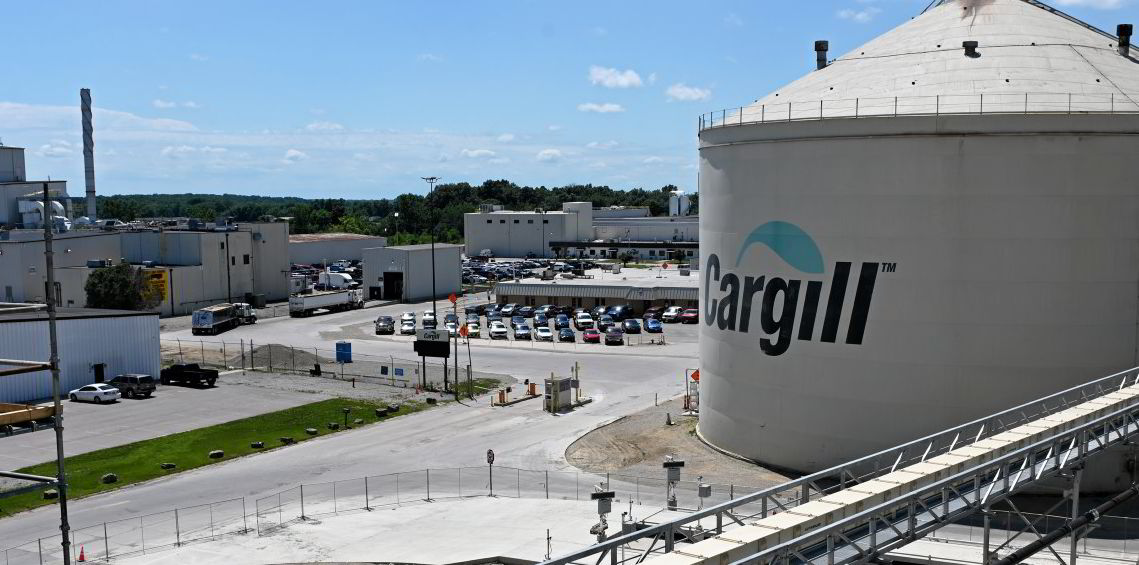Cargill has struck a deal to charter a newbuilding owned by Japan’s Nisshin Shipping as market assessments put period rates for panamax and kamsarmax bulkers at the highest level since May of last year.
The Baltic Exchange reported that the US agricultural giant has chartered the 82,000-dwt Canon Trader (built 2024) at $17,000 per day. The company, whose Geneva-based Cargill Ocean Transportation operates a fleet of about 700 chartered bulkers, will take delivery at Hantong, China, in April.
The kamsarmax, which has no scrubbers, is under construction at Jiangsu New Hantong Ship Heavy Industry, according to Clarksons.
Meanwhile, Singapore bulker giant Berge Bulk signed a one-year charter on the 82,000-dwt Aquaruby (built 2022), which Clarksons lists as owned by Japan’s Kifune Kaiun.
Data from the Baltic Exchange showed the operator will pay a variable rate at 116% of the Baltic Panamax Index (BPI).
The moves come in what the exchange’s analysts described as an active market for panamaxes, of which kamsarmaxes are a subset.
On Wednesday, Norwegian shipbroker Fearnleys lifted its weekly assessment for 82,000-dwt kamasarmax bulkers by $800 to $16,800 per day.
And the firm hiked its assessment for a 75,000-dwt panamaxes to $15,500 per day, an increase of $1,000 since Wednesday of last week.
The rising period rates came amid signs that the spot market for such vessels had touched a low point.
“The panamax market is approaching a potential bottom, indicated by high vessel counts in South America and specific market metrics, hinting at a nearing rally,” Fearnleys said, which said demand has improved across both the Atlantic and Pacific basis.
“Despite initial negative sentiment and high tonnage availability, there’s a mild uptick in charter interest and freight rates, suggesting cautious optimism for market improvement.”
The Baltic Panamax 5TC average of spot rates, which is indexed on five routes using 82,000-dwt kamsarmax vessels, has been bouncing back in recent days, rising to just over $13,000 per day on Wednesday after a two-week slump that brought it to a low of nearly $12,800 per day on Monday.





